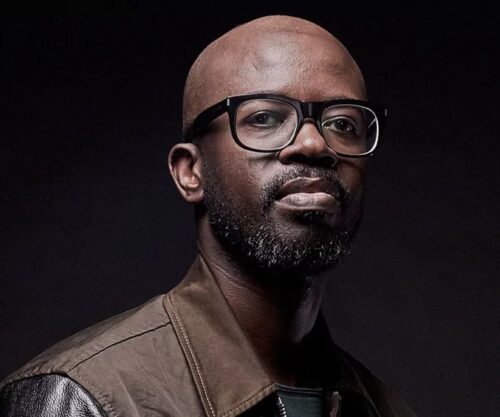
When a “Joke” Hit a Sour Note
A light-hearted tweet was meant to be amusing but instead struck a dissonant chord. South African music executive Nota Baloyi found himself at the centre of a firestorm after posting a remark about former Mia le Roux—the 2024 winner of Miss South Africa 2024—who lives with profound hearing loss. The comment? “Has she heard who won yet?”—referencing the crowning of the new Miss South Africa. It didn’t land.
Social Media Didn’t Let It Slide
In mere hours, the tweet made its rounds. Netizens responded with pointed frustration:
One wrote, “That’s a low blow.”
Another said, “You’re being extremely insensitive to the deaf community.”
A third added: “This is so vile … do better; this one honestly didn’t land.”
Across X, Instagram, and TikTok, many were united in calling it out—not for being funny, but for showing a lack of awareness.
Why This Hit Harder Than It Appears
The context matters. Mia le Roux, a model and marketing student from the Free State, raised in the Western Cape, was crowned Miss SA in 2024 despite being diagnosed with profound hearing loss at age one. When she spoke publicly, she emphasised the barriers she overcame and spoke of the gift of hearing she received. Her win was celebrated as a moment of representation.
For someone like Nota—already known for courting controversy—to make a joke about her hearing status felt less like banter and more like stepping into a culture war no one asked for.
Has she heard who won yet? https://t.co/kwjekejPtP
— MORAL Authority (@lavidaNOTA) October 26, 2025
More Than a Bad Tweet: The Bigger Picture
This incident lays bare two important threads: the power of social media and the importance of inclusive culture. A single post can ripple out at lightning speed, especially when it touches on disability, representation, and empathy. South Africans watching saw a familiar theme: bold public figures speaking without full awareness, then being held accountable.
It also raises questions: How do those in the limelight navigate humour and sensitivity? When does a “joke” become a statement about status, privilege, or ignorance?
What Comes Next?
Baloyi hasn’t issued a full public apology for this specific remark—at least none that gained wide coverage—which means the backlash continues. Mia’s presence as a hearing-impaired Miss SA remains intact, and her influence continues quietly through her advocacy. For Baloyi, this may be a moment of reflection: the difference between provocation and progress.
For the rest of us in Mzansi, it’s a reminder that representation matters. A comment may seem throwaway to some, but it can hurt deeply to others. What started as a low blow on social media turned into a check-in on how we treat one another.
Source: Briefly News
Featured Image: African Insider




